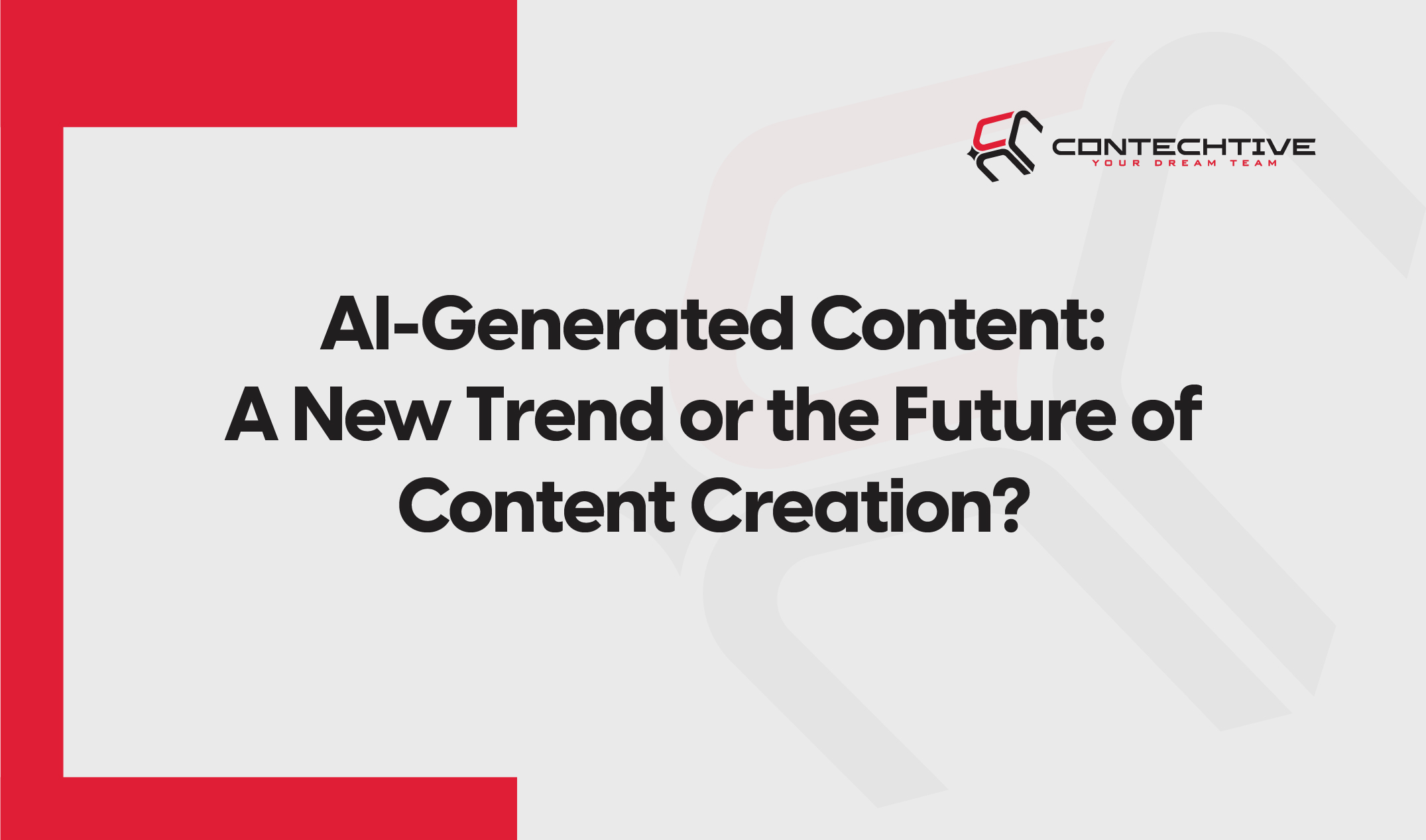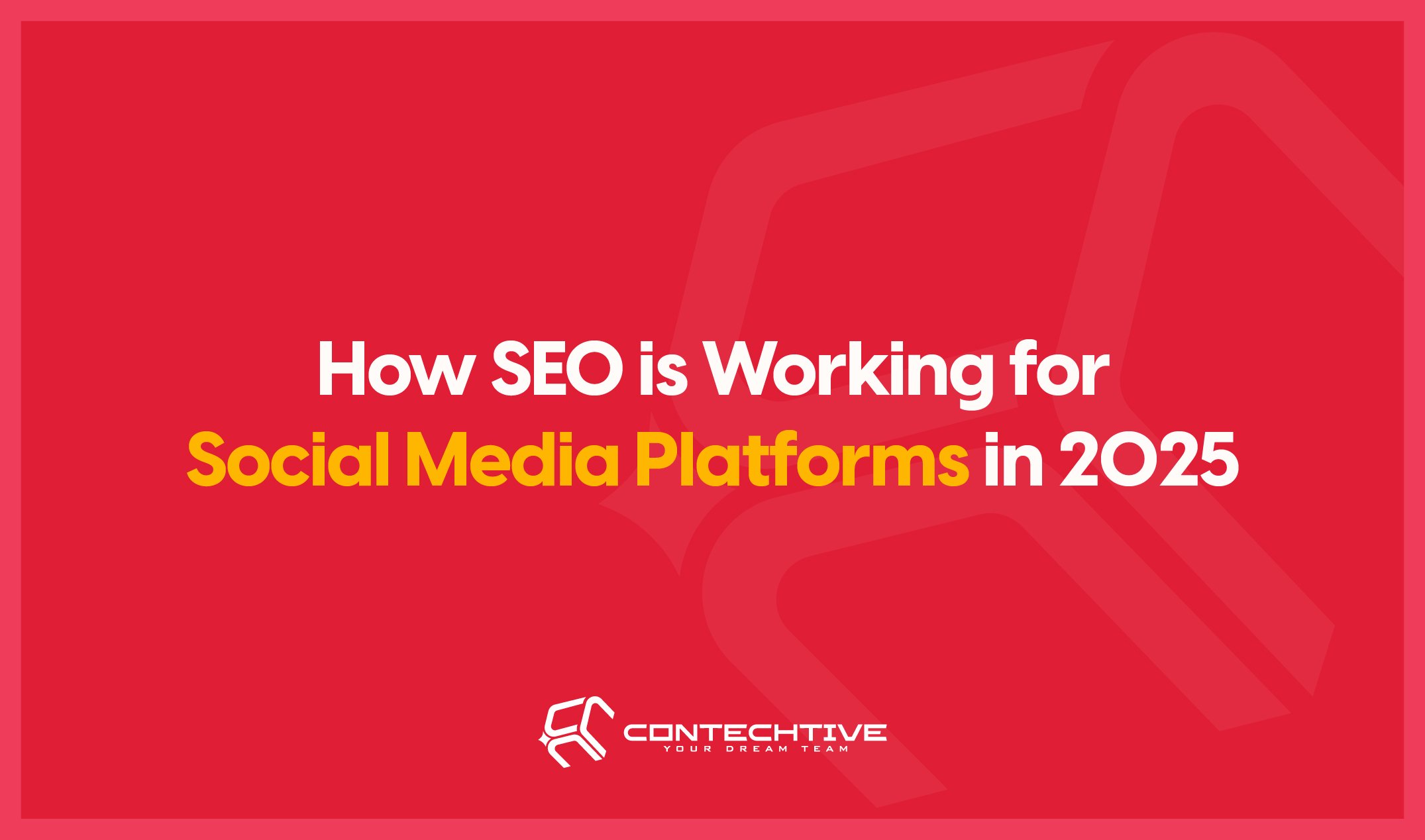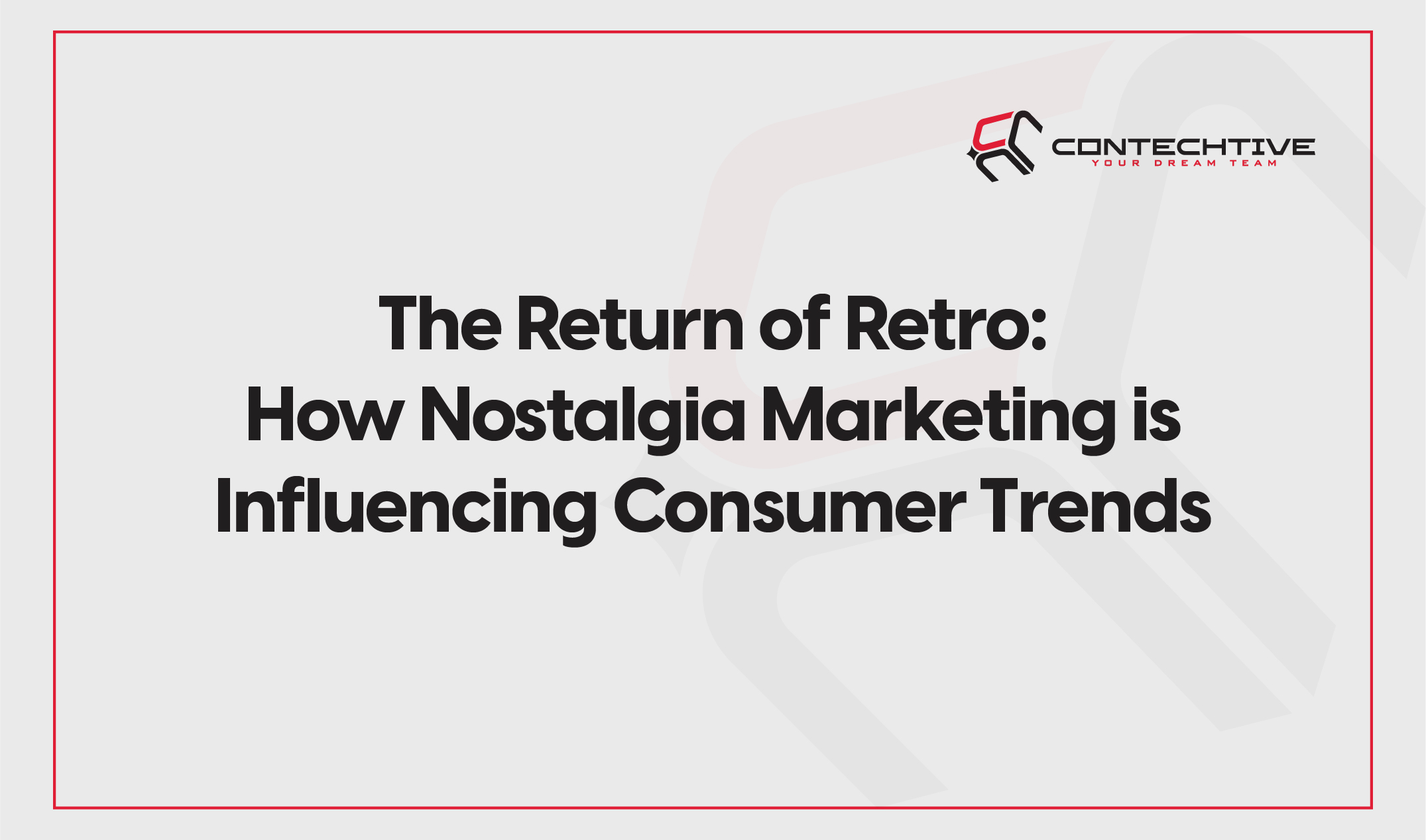AI-Generated Content: A New Trend or the Future of Content Creation?

AI-Generated Content: A New Trend or the Future of Content Creation?
The digital world thrives on content. From scroll-stopping social posts and SEO-optimized blogs to immersive product descriptions and engaging newsletters — content is the currency of online influence. Yet with growing competition and rising consumer expectations, brands face increasing pressure to produce more, faster, and smarter.
Enter AI-generated content — a revolution reshaping how businesses approach creativity, marketing, and communication. But is this phenomenon just a trendy shortcut? Or are we witnessing a seismic shift in how content will be created, curated, and consumed in the years to come?
Let’s unpack the evolution, potential, challenges, and future of AI-generated content — and what it means for businesses, marketers, and creatives alike.
The Explosion of AI in Content Creation
Artificial Intelligence is no longer a futuristic concept. It’s here, active, and increasingly embedded in our everyday workflows — especially in content marketing. Tools powered by GPT (Generative Pre-trained Transformer) models, like ChatGPT, Jasper, and Copy.ai, are now widely accessible and user-friendly.
With a few prompts, these tools can craft long-form articles, generate catchy headlines, rephrase existing content, or summarize complex information — all in seconds. What once required hours of brainstorming, drafting, and editing can now be executed in mere minutes. This shift isn’t just about speed; it’s about scale and accessibility. Small businesses with limited resources can now compete with big players by leveraging AI-driven content strategies.
Why Brands Are Embracing AI Content
The widespread adoption of AI content generation isn’t a coincidence — it’s a response to a very real need. Here’s why brands and agencies are increasingly integrating AI into their content pipelines:
1. Unmatched Speed and Efficiency
AI drastically reduces the time needed to produce quality content. A 1,500-word blog post? Done in minutes. Product descriptions for a catalog of 500 items? No problem. This scalability is a game-changer for businesses that need to maintain a constant flow of content to stay visible online.
2. Cost-Effective Content Creation
Hiring writers, editors, and content strategists for every project can be costly — especially for startups or lean marketing teams. AI provides a lower-cost alternative, reducing overhead while maintaining output volume.
3. Data-Driven Customization
AI tools analyze massive data sets to understand what kind of content resonates with different audiences. They can optimize for search engines, tailor tone based on brand guidelines, and even adjust based on user behavior patterns — helping marketers craft content that connects.
4. Multilingual Capabilities
Need your content in English, Arabic, French, or Spanish? AI translation and localization tools make it easy to reach global markets with minimal manual effort, removing language as a barrier to engagement.
Where Human Writers Still Matter
Despite all the praise, AI-generated content isn’t without its shortcomings — and this is where human creativity and oversight still reign supreme.
1. Emotional Intelligence
AI can mimic tone, but it doesn’t feel. It cannot truly understand human pain points, cultural nuances, or humor. That emotional depth — the storytelling that makes people care — remains uniquely human.
2. Brand Voice and Originality
Every brand has a unique personality. While AI can be trained on past content to replicate tone, it often struggles with subtle brand-specific expressions and originality. Writers can bring unexpected perspectives, clever analogies, or cultural references — things AI typically avoids.
3. Fact-Checking and Responsibility
AI is trained on data — and not all that data is accurate. Left unchecked, AI may unintentionally spread false or outdated information. Human editors are essential to verify facts and maintain content integrity.
4. Ethical Concerns and Authenticity
Is AI-generated content truly “authentic”? Should readers be informed that a bot wrote the article? These questions aren’t just theoretical. Transparency and trust are critical in content marketing, and audiences may respond differently to AI-written work — especially in industries like healthcare, finance, or legal.
AI + Human Collaboration: The Ideal Workflow
The smartest marketers aren’t choosing between humans and machines. They’re combining the strengths of both.
Here’s what a hybrid content creation model looks like:
- AI handles the heavy lifting: content ideation, rough drafts, SEO optimization, formatting.
- Humans refine and elevate: adding creative flair, storytelling, emotional resonance, and brand alignment.
- Editors and strategists oversee quality**, ethics, and performance.
This approach offers the best of both worlds — efficiency and effectiveness. In fact, teams using AI as a collaborative partner report higher productivity, better content consistency, and more time to focus on big-picture strategy.
Industries Leading the AI Content Revolution
While every industry can benefit from AI-generated content, a few are ahead of the curve:
- E-commerce: For writing thousands of product descriptions and category pages at scale.
- Real Estate: For auto-generating property listings, neighborhood guides, and market updates.
- Finance & Insurance: For simplifying complex topics and generating FAQs, reports, and client education materials.
- Travel & Hospitality: For multilingual content, travel guides, and destination blogs.
- Education & eLearning: This is used to develop course outlines, quiz questions, and explanatory content.
Even newsrooms and creative agencies are exploring how AI can assist in research, repurposing, and rapid publication — although human journalists still lead in investigation and storytelling.
So… Is AI the Future of Content Creation?
Let’s be honest: the future of content will be built with AI — but not only by AI.
We’re not looking at a world where human creators are obsolete. Instead, we’re moving toward an era where human talent is amplified by machine precision. AI doesn’t threaten the writer of the futur — they’re empowered by it.
As AI Content Creation Future or Fad models continue to improve, the line between human-written and machine-generated content may blur. But the brands that succeed will be those that maintain authenticity, integrity, and value-driven messaging — no matter who (or what) writes it.
Key Takeaways
- AI-generated content is rapidly evolving from a trend to a foundational tool in digital marketing.
- It offers unmatched speed, scalability, and cost-efficiency — especially for high-volume content needs.
- Human creativity, emotion, and judgment remain crucial in maintaining originality and trust.
- The future lies in collaboration, not competition, between human writers and AI systems.
- Businesses that embrace this hybrid approach will stay ahead in an increasingly competitive content landscape.
Contechtive: Craft the Future of Content with Us
At Contechtive, we don’t chase trends — we help shape what’s next. By combining AI-driven content strategies with marketing intelligence and creative insight, we deliver results that go beyond clicks and impressions. From blog campaigns and product launches to SEO roadmaps and brand storytelling, Contechtive is your partner in this new era of digital content.
Want content that connects and converts — at scale? Let Contechtive lead the way.






